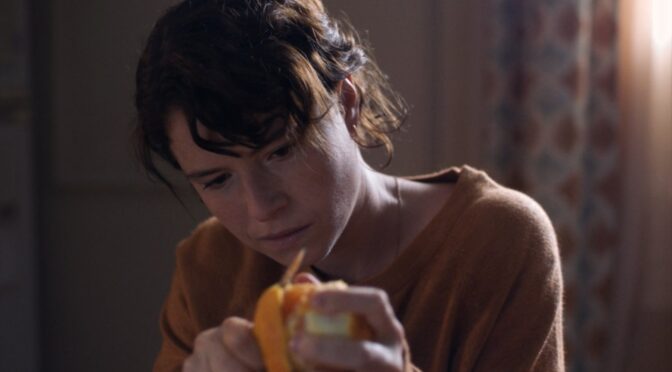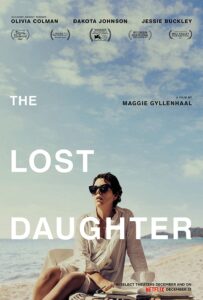Over the past decade or so, and for the COVID years especially, I’ve noticed a lot of friends expressing a desire for characters of the sweet and sympathetic sort. Many of them have experienced enough anxiety of late that it’s become difficult to willingly reach out to works of art that deal in strife, misanthropy and bad decisions. As an avid consumer of the humanist works of Richard Linklater, Mike Mills, and Greta Gerwig, it’s a sentiment I fully understand. I’ve taken deep, soul-healing solace from drinking from the fountains of kindness offered by shows like Ted Lasso and Steven Universe, and films like A Beautiful Day In the Neighborhood and Paddington 2. But like some cinema nutritionist, I feel it is my duty to urge all of you to continue to seek out film experiences, and specifically characters, who are abrasive and unsympathetic. I feel it is deeply healthy to include some unlikeable people and upsetting experiences as part of your cultural diet. Think of it as cinematic roughage, if you will. If art offers us the chance to gaze into a kind of mirror that reflects parts of ourselves while also allowing us to see facets and flaws we would want to avoid, then there’s a huge value in having that mirror be as expansive as possible. It should show us not just our best or most aspirational selves but the darker places human beings can go too. We should not only look into the mirror to see how we should be, but to remind ourselves of the more uncomfortable truths of what we can become at our most selfish, proud, or irrational. There’s also the fact, evidenced by shows like Succession and films like the Safdie Brothers’ Good Time and Uncut Gems, that watching deeply toxic people fuck up and squirm can be a lot of smart fun in the right hands. In those aforementioned art works, watching seedy, short-sighted and greedy fools stumble about can feel like riding a rollercoaster, a vicarious scream through some of the most thrillingly bad decision-making imaginable. But what of those of us who want to get the complex joys of watching not entirely sympathetic characters at a less hectic, punishing pace? What about those of us who just want to spend a relaxing time floating along in the Lazy (or Greedy, or Selfish) River? In 2021, celebrated actress and sterling debut director Maggie Gyllenhall had you covered on that front. Her phenomenal freshmen outing, The Lost Daughter, offered up all the giddy, perverse delights of watching prickly characters flail about, but at a more hypnotic, soulful pace. Gyllenhall’s adaptation of the novel by felt like reading a great book in all the right ways; cinematic but carried along by a sophisticated current of dialogue. Her perceptive, often sorrowful look at a woman who puts herself first and foremost has all the spicy fun of wrestling with an unlikeable (or at the very least frustrating) character, just with its own distinctively literary flavor. To fellow fans of wholesome cinema who want to branch out into something just a bit more acidic, The Lost Daughter is like a bracing shot of very strong limoncello. It should make your lips pucker and make the blood rush to your head, but without leaving you hungover and useless the next day.


